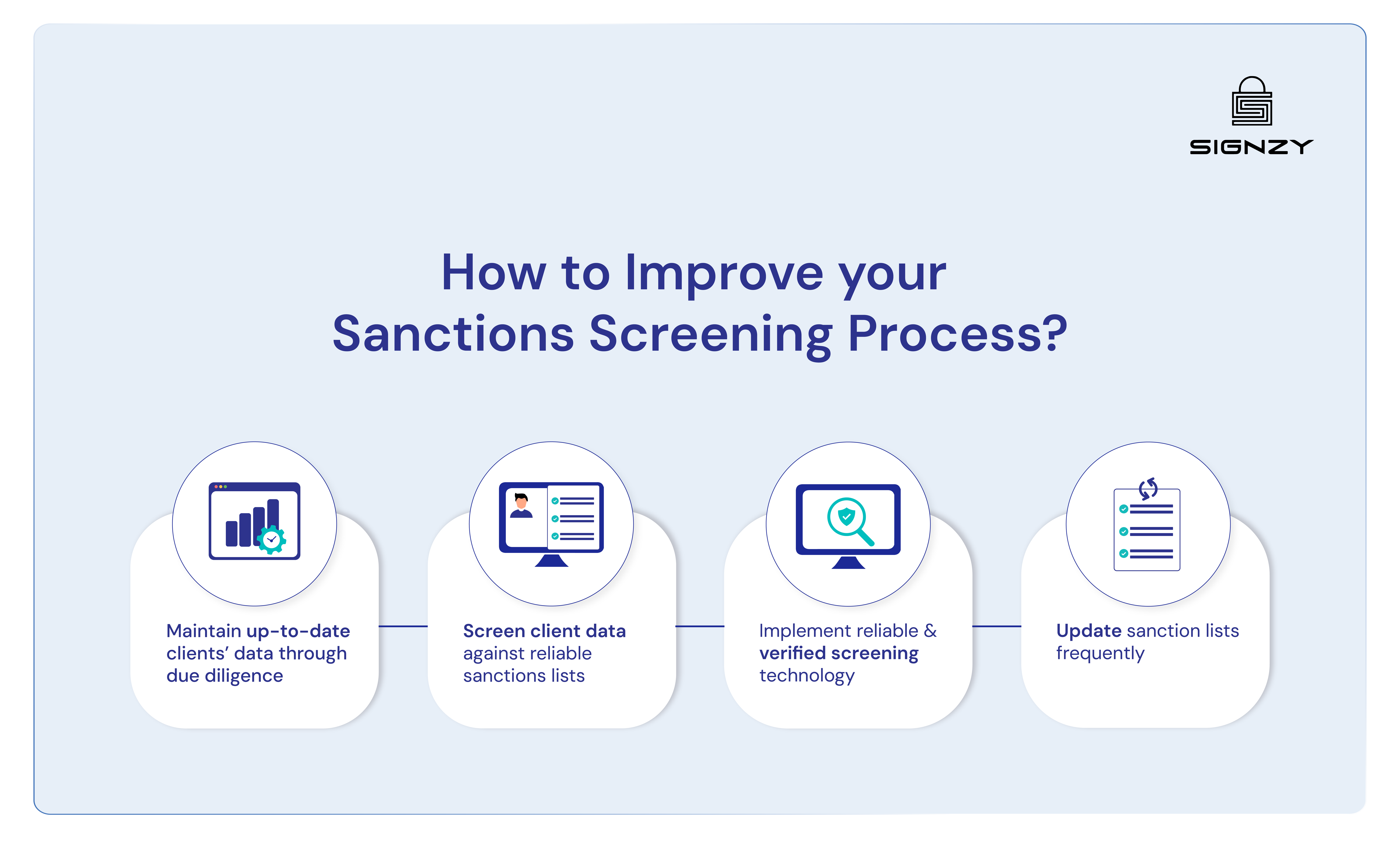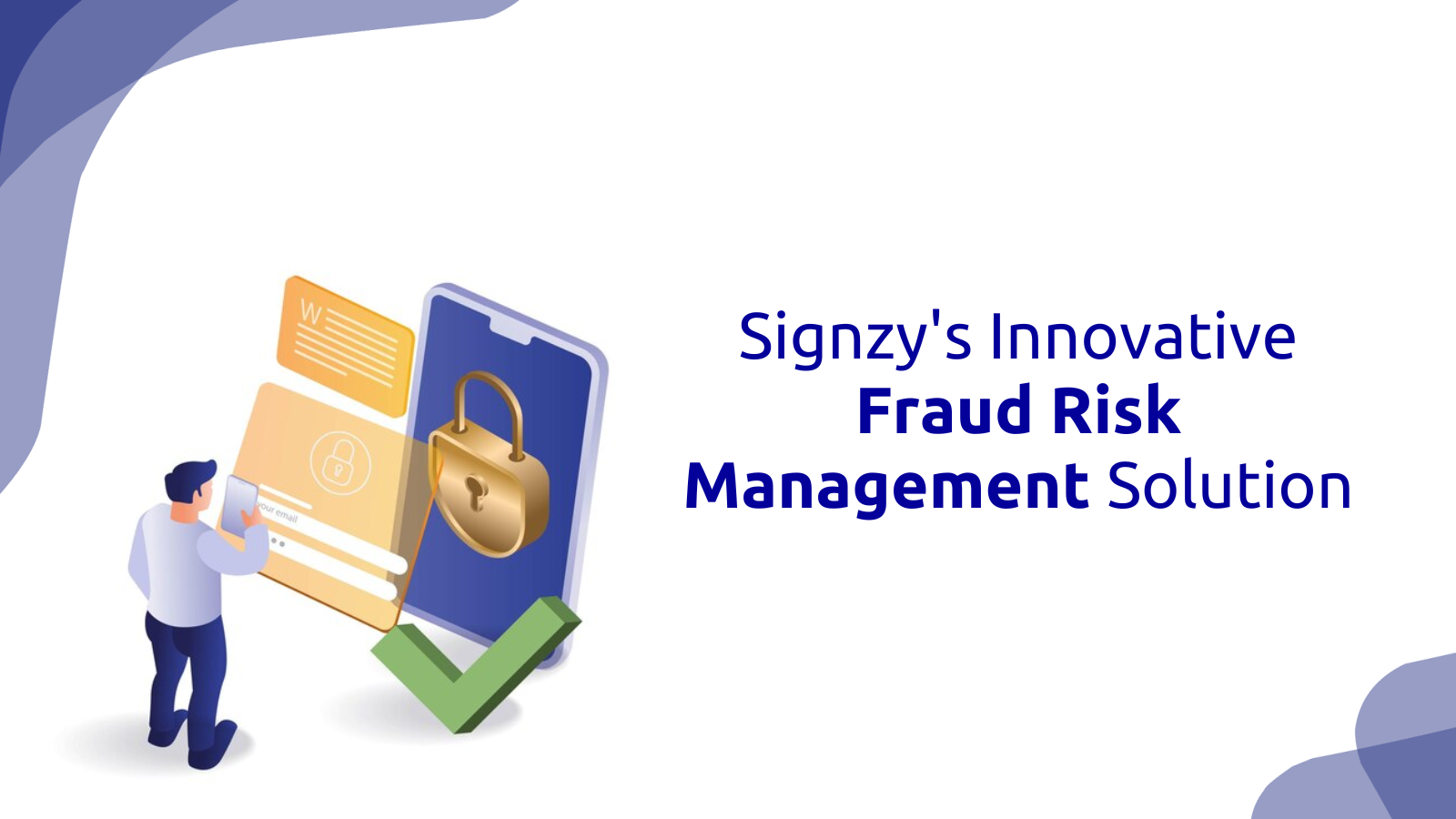What are PEPs and Sanction Checks?
In today’s developing business environment, thorough Politically Exposed Persons (PEPs) screening and sanctions screening not only serve compliance purposes but also act as a proactive approach to building trust and safeguarding the integrity of businesses across the globe.
Financial organizations that breach PEPs and sanctions regulations end up paying heavy fines. In 2023 alone, financial organizations across the world were fined $6.6 billion for non-compliance with anti-money laundering (AML) and KYC regulations, customer due diligence (CDD) requirements, and breaches of sanctions.
With the rise in economic unrest, the occurrence of illegal activities is increasing, which is why regulators are pushing financial organizations to be cautious in identifying PEPs.
Related Solutions
Who are Politically Exposed Persons (PEPs)?
A Politically Exposed Person (PEP) is an individual who directly or indirectly might be susceptible to being involved in criminal activities like bribery, money laundering, or corruption. They are likely to be engaged in these activities either due to their position or power.
These are the people who hold a prominent public function in a national or international body. Some examples of PEPs are senior government officials, military agents, senior executives of state-owned corporations, etc. Their business partners and close family members are also covered under the definition of PEPs. This understanding of PEPs is consistent with the view of the UN Convention Against Corruption on persons with prominent public functions, which defined them as “individuals who are, or have been, entrusted with prominent public functions and their family members and close associates.”
Financial organizations are required to take stringent measures to detect and mitigate the risks posed by PEPs. The term ‘PEP’ covers all such persons who pose a higher risk and are exposed to suspected acts of bribery or corruption. This is especially true for senior politicians who have influence over legislative processes or individuals who have decision-making power in procurement processes.
💡 Related Blog:
What is PEP screening?
Through PEP screening, financial organizations can refrain from getting associated with illegal financial activities.
Let’s understand PEP screening through an example. Let’s think of an example where a bank receives a loan application from a cabinet minister. Before giving its approval for said loan, the bank needs to conduct a PEP screening to confirm that the applicant is not involved in any illegal activities or is not connected with any organized crime groups.
PEP screening is an important step in KYC and AML efforts. This step requires financial organizations to verify the information fed by an individual against PEP databases and sanction lists to identify if the individual poses any potential risks. Our PEP screening API helps in identifying and managing risks proactively, ensuring compliance with regulatory requirements.
What are Sanctions?
Sanctions are restrictions and prohibitions that governments and regulatory bodies impose to stop illegal activities. In the United States, the Office of Foreign Assets Control (OFAC) is responsible for putting economic and commercial sanctions on countries, administrations, and persons involved in operations that might threaten national security.
OFAC releases lists of persons and organizations owned or controlled by prohibited countries, as well as those known to be involved in terrorism, nuclear proliferation, and smuggling. OFAC is also responsible for imposing penalties for violations of sanctions.
2023 was a significant year for OFAC as it assessed more than $1.5 billion in penalties across 17 resolutions, surpassing the cumulative penalty amounts assessed in recent years. According to recent data, Russia is the most sanctioned country, with total sanctions surpassing 20,000, about 80% of which are due to the Russia-Ukraine War.
Sanctions are classified into different categories based on their purpose and consequences, such as economic, military, diplomatic, etc. Sanctions are critical for a country’s foreign relations, ensuring a secure business landscape and preventing illicit activities like terrorism financing, money laundering, and other financial crimes.
How Can You Improve Your Sanctions Screening Process?
Businesses are required to screen people and companies against sanctions before onboarding them. Following are some of the tips you can implement into your system to improve your sanctions screening process:

- Maintain up-to-date and thorough clients’ data through due diligence: Businesses must ensure that correct and sufficient details about their clients are obtained by conducting thorough checks and probes through Customer Due Diligence (CDD) and Enhanced Due Diligence (EDD) processes.
- Screen collected data from clients against reliable sanctions lists: When checking data against sanction lists, businesses must ensure that the lists they are using are from reliable sources.
- Implement reliable and verified screening technology: Businesses must implement verified and proven software to be reliable and accurate in finding matches against sanction lists.
- Update sanction lists frequently: Since sanction lists are subject to change on a regular basis, businesses must remain updated with the latest sanction lists.
Why is it Important to Screen Against PEPs and Sanctions Lists?
Doing business with individuals or companies who are listed on PEPs and sanctions lists brings great risk to businesses. They end up paying huge penalties in case of any violations with sanction list screening.
In April 2023, British American Tobacco (BAT), a London-based tobacco giant, had to pay more than $629 million as penalties for violating US sanctions against North Korea.
Not just this, failure to identify sanctions evasion, criminals, or a PEP engaged in fraud brings harm to the businesses’ brand value.
Earlier in 2019, Standard Chartered Bank was fined a whopping $987 million for breaching AML regulations and sanctions lists. The bank failed to implement proper monitoring controls, as a result of which billion-dollar transactions were approved which are linked to sanctioned countries on OFAC’s lists.
How Signzy Helps with PEP and Sanctions Screening
Since the number of PEPs or sanctioned entities is a small part of any business’ clientele, the process of looking for and screening these entities needs to be as streamlined as possible.
Businesses need access to a wide record that covers most, if not all PEPs and sanctioned entities. Since screening these individuals falls under regulatory obligations, this process is not something that can be discounted.
But there’s no need for you to worry! Thanks to Signzy’s PEP screening API with data from over 20,000 qualified global media sources to help you stay compliant with AML and sanctions regulations and also take care of your public image.
Still any queries? Refer to our FAQs below.
- PEP screening is an important step in AML compliance, requiring financial organizations to verify the information fed by the client against PEP databases and sanction lists to identify if the client poses any potential risks.
- PEPs are persons who pose a higher risk to businesses and are exposed to suspected acts of bribery or corruption due to their position or power.
- In the US, OFAC is responsible for putting sanctions on countries, administrations, and persons involved in operations that might threaten national security and also for imposing penalties for violations of sanctions.
FAQ
How long is a person considered a PEP once identified?
What is adverse media screening?
How to identify a PEP?
How long does PEP screening take?

Gaurav Gupta
Gaurav Gupta is the Global Product Head at Signzy, leading the strategy and development of the company’s KYC, KYB, AML, and digital onboarding products used by banks, fintechs, and financial institutions across global markets. He specializes in building scalable compliance and verification platforms, transforming complex regulatory and risk workflows into seamless, automated product experiences. Gaurav works at the intersection of product, engineering, and AI.






